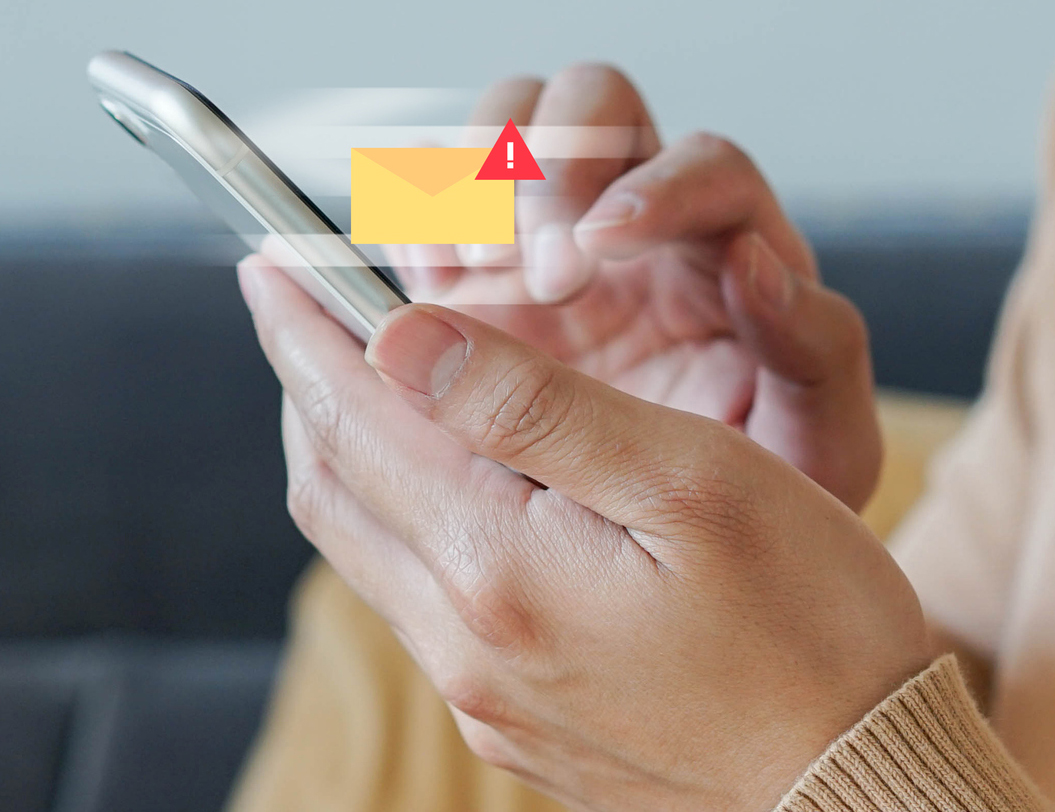Fraud Awareness - Stay Ahead of Scams
Fraud & Security

The world has seen a rise in scams, cyber crimes, and general financial abuse. You know how seriously we take our responsibility to keep your accounts and information safe and secure. Now more than ever – we need your help to be as vigilant as we are. Together, we can protect your assets and your personal information from being used inappropriately.
Warning Signs
Scammers are using all their tools right now to fool unsuspecting people of all ages. Frightening messages in emails, pop-up alerts, phone calls, voicemail, and even texts can seem like legitimate communications that you MUST respond to quickly. But taking just a few minutes to stop, think clearly, and assess what you’re being asked to do can mean the difference between keeping or losing your money and personal data. Here are just a few examples:- “We must hear from you immediately!” Microsoft does not email or text people to say you have a problem with your computer. The IRS does not call people demanding money for back taxes “or else.” If you truly believe there may be a problem, contact the organization independently; don’t click links online or in texts. Google a contact number for the company and call them yourself.
- “Grandma, I need $500, but don’t tell Mom and Dad!” Hang up the phone immediately. Call your grandchild yourself—or better yet, their parent –and make sure everyone is safe.
- “Hi, there’s a problem with your account, so I’m going to text you a request that I need you to answer now.” There’s an overwhelming chance there is NOT a problem. If someone calls claiming to be from HVCU or another financial-based company you work with, hang up and call them back. If it was a legitimate reason to reach out to you, there will be a notation of it in the company’s computer system, but often these callers are looking to “verify” your personal information. And yes, “verify” in this case means steal.
- “Can you tell me your address/social security number/account number so I can verify we have it correct in our system?” If you called a company that legitimately needs such information, this might be okay, but first ask why they need it. And if someone called YOU asking for this, hang up – again, it’s just not a legitimate way reputable companies do business today.
Be Proactive
Don’t make a decision based on momentary fear. You work too hard for your money to have someone take it from you. Staying vigilant and aware, together we can protect your assets and information from scammers.Related Resources
-
Dog and cat playing together
Fraud & Security
Read MoreDon't Fall Fur Pet Scams
The internet is full of pet scams targeting future pet owners and milking them for money once they’re already emotionally invested in their new pet. -
Scam Alert graphic of person on a laptop
Fraud & Security
Read MoreDon't Fall Victim to Fraud This Holiday Season
Be wary of scams, especially callers claiming to be someone from HVCU’s Contact Center or HVCU’s “fraud department” who want you to “confirm” important information. -
Man looking at a text scam on his phone
Opens video in a modal
Fraud & Security
Watch VideoDon't Get Phished by a Text Message
Quick tips to help you avoid scammers who target by text message.


